Scout William F. Cody (Joel McCrea) marries a U.S. senator’s daughter (Maureen O’Hara), fights the Cheyenne and leads a Wild West show. Buffalo Bill (1944), directed by William A. Wellman, […]
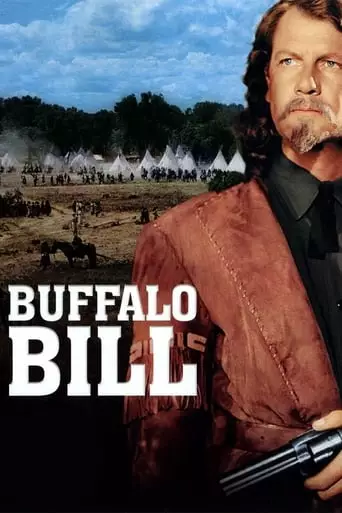
Scout William F. Cody (Joel McCrea) marries a U.S. senator’s daughter (Maureen O’Hara), fights the Cheyenne and leads a Wild West show. Buffalo Bill (1944), directed by William A. Wellman, […]
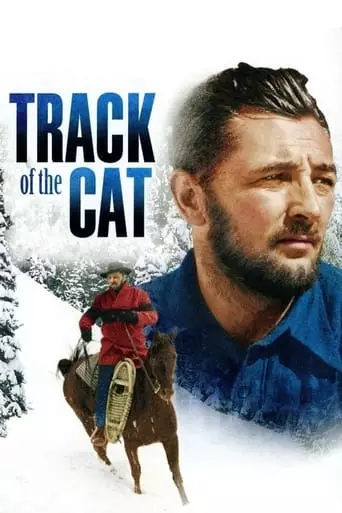
A family saga: In a stunning mountain valley ranch setting near Aspen, complex and dangerous family dynamics play out against the backdrop of the first big snowstorm of winter and […]
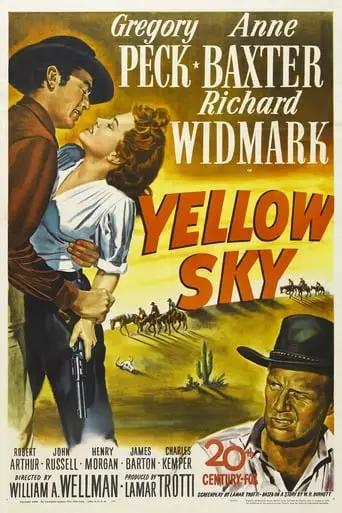
In 1867, a gang led by James “Stretch” Dawson robs a bank and flees into the desert. Out of water, the outlaws come upon a ghost town called Yellow Sky […]
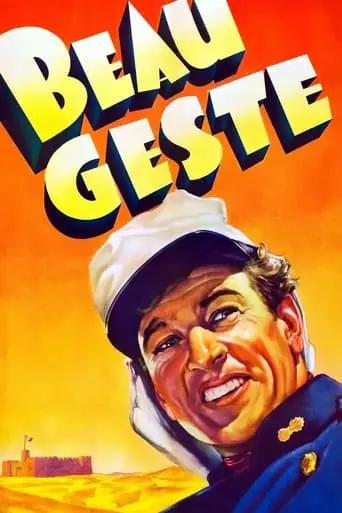
When three brothers join the Foreign Legion to escape a troubled past, they find themselves trapped under the command of a sadistic sergeant deep in the scorching Sahara. Now the […]

Members of the U.S. Army’s 101st Airborne Division are fighting for their country amidst the rugged terrain of Bastogne, Belgium, in December 1944. Holley and his American compatriots have already […]
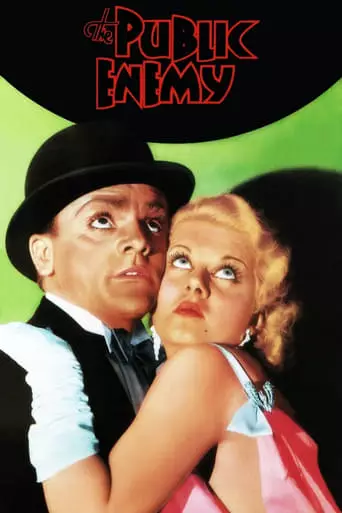
Two young Chicago hoodlums, Tom Powers and Matt Doyle, rise up from their poverty-stricken slum life to become petty thieves, bootleggers and cold-blooded killers. But with street notoriety and newfound […]
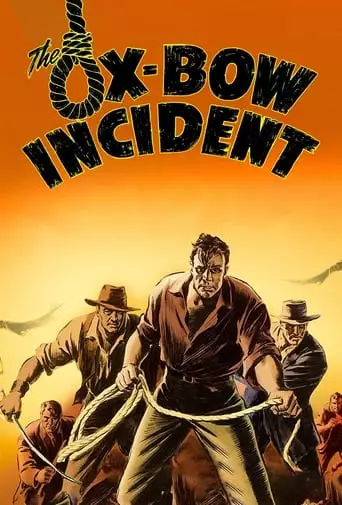
A posse discovers a trio of men they suspect of murder and cow theft and are split between handing them over to the law or lynching them on the spot. […]
William A. Wellman: Hollywood’s Maverick of Action and Emotion
William A. Wellman was a pioneering American director whose career spanned over three decades, from the silent era to the golden age of Hollywood. Known for his versatility and fearless approach to filmmaking, Wellman directed a wide range of films, from thrilling war dramas and hard-boiled crime stories to heartfelt comedies and romantic adventures. His most iconic works include Wings (1927), the first film to win the Academy Award for Best Picture, The Public Enemy (1931), and A Star Is Born (1937).
Early Life and Career
William Augustus Wellman was born on February 29, 1896, in Brookline, Massachusetts. A rebellious and adventurous spirit, Wellman dropped out of high school and played semi-professional ice hockey before joining the French Foreign Legion during World War I. He later transferred to the Lafayette Flying Corps, becoming a fighter pilot.
Wellman’s wartime experiences had a profound impact on his life and career, shaping his fascination with themes of heroism, camaraderie, and survival. After the war, he worked as a stuntman and actor in Hollywood before transitioning to directing.
Hallmarks of Wellman’s Filmmaking
Wellman’s films are notable for their dynamic energy, emotional depth, and technical innovation. Key aspects of his style include:
Action and Realism: Drawing from his wartime experiences, Wellman brought a visceral authenticity to his action sequences, particularly in aviation and war films.
Moral Ambiguity: Many of his films feature flawed characters navigating morally complex situations, reflecting his nuanced view of human nature.
Visual Storytelling: Wellman was a master of using imagery to convey emotion and narrative, particularly during the silent era.
Diverse Genres: From gritty crime dramas to sweeping romances, Wellman demonstrated remarkable range and adaptability.
Notable Films
Wings (1927)
Wellman’s groundbreaking aviation epic won the first-ever Academy Award for Best Picture. Featuring stunning aerial combat sequences and a poignant story of love and friendship, Wings set a new standard for technical achievement in cinema. Wellman’s firsthand knowledge of flying gave the film an unparalleled authenticity.
The Public Enemy (1931)
This seminal gangster film, starring James Cagney, is a gritty portrayal of the rise and fall of a Prohibition-era criminal. The Public Enemy solidified Wellman’s reputation as a director unafraid to tackle controversial subjects with unflinching realism. The film’s iconic scene, in which Cagney smashes a grapefruit into Mae Clarke’s face, remains one of the most memorable moments in cinema history.
A Star Is Born (1937)
A romantic drama about the rise of a young actress and the decline of her mentor and lover, A Star Is Born was a critical and commercial success. Co-written by Wellman, the film received seven Academy Award nominations and won for Best Original Story. Its enduring narrative has inspired multiple remakes.
Beau Geste (1939)
This adventure classic, starring Gary Cooper, tells the story of three brothers who join the French Foreign Legion. With its sweeping desert landscapes and themes of loyalty and sacrifice, Beau Geste showcased Wellman’s ability to blend action with emotional resonance.
The Ox-Bow Incident (1943)
A harrowing Western about mob justice, The Ox-Bow Incident is a powerful exploration of morality, justice, and the consequences of violence. The film, starring Henry Fonda, was nominated for Best Picture and remains one of Wellman’s most critically acclaimed works.
Legacy
William A. Wellman’s contributions to cinema are vast and varied. A director who thrived on challenges, he brought an unmatched intensity and authenticity to his films. His work not only entertained audiences but also provoked thought and emotion, often addressing complex social issues and human frailties.
Wellman’s fearless approach to storytelling and technical innovation influenced countless filmmakers, particularly in the genres of action, war, and drama. His films continue to be celebrated for their artistry, emotional depth, and timeless appeal.
Conclusion
William A. Wellman was a true maverick of Hollywood, a director who combined raw energy with profound humanity in his storytelling. From the skies of World War I to the gritty streets of urban America, his films captured the spirit of adventure, the complexity of human nature, and the power of cinema to inspire and move audiences.
Through his work, Wellman left an indelible mark on the history of film, earning his place as one of Hollywood’s most enduring and influential directors.